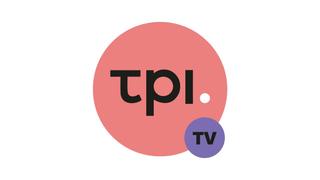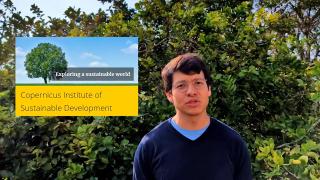ONTOX project – interview by TOXstreams
Have you ever wondered how one can actually develop a new approach method (NAM) to replace animal testing in toxicology? The ONTOX project is creating not just one but six different NAMs. Indeed, this EU-funded project is focused on building NAMs to study repeated dose toxicity effects, an area of toxicology that still relies heavily on animal testing. Prof. Mathieu Vinken, the project’s coordinator, Jian Jiang, PhD, Anouk Verhoeven and Jonas van Ertvelde explain their work to TOXstreams. Click on the link in the video to watch the full episode.
New

TPI.tv videos
InnovationPolicyBeginner
TPI.tv: improving science through animal-free innovations and research
Introducing TPI.tv : a video platform by experts striving to improve science through animal-free innovations and research.

TPI.tv videos
Five simple tricks for making your own video for TPI.tv
This video shows you how to make a video yourself. It's really not that difficult! See also the submission page (https://tpi.tv/submit-a-video) for additional information.

Innovation examples
ToxicologyPolicy
User Research in developing the virtual human platform
Digital tools can support the phasing out of animal-based tests and data in chemical risk assessment. This is one of the core promises of the Virtual Human Platform. The potential contribution of digitalization is linked to the acceptance and adoption of tools, methods, and data by stakeholders in several societal sectors. To facilitate the integration of stakeholders in the configuration of digital tools, Dr. Isaac Ortega Alvarado and colleagues gather insights from risk assessors in their role as users. Risk assessors are the ones who actualize chemical risk assessment and its standards through their practices. With this perspective, this research contributes to understanding the development and implementation of digital tools as embedded in social processes of construction and reception.

Projects and initiatives
HealthInnovationIn vitroOrgan-on-Chip
NXTGEN Hightech Biomed
The Netherlands has strong academic knowledge in areas like Lab-on-Chip, Organ-on-Chip, artificial organs, and cell production technology. However, turning this knowledge into actual products is challenging due to the need for collaboration between different technological and biological specialists. The NXTGEN Hightech program (https://nxtgenhightech.nl/en/biomed/) addresses this by creating a collaborative environment where companies from various fields work together. This approach aims to transform academic insights into innovative products, benefiting both the industry and society.